Synthetic and Systems Approaches to Interrogate Spatiotemporal Processes in Cancer (May 13 Speakers)
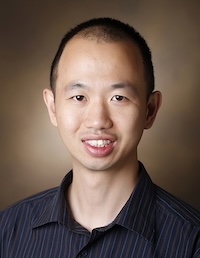
Keynote: Ken Lau
Vanderbilt University
https://kenlaulab.org/
Dr. Ken S. Lau is a Professor in the Department of Cell and Developmental Biology, and the Director of the Center for Computational Systems Biology at Vanderbilt University. Dr. Lau’s research focuses on events occurring at the interface between mucosal damage, inflammation, and tumor initiation. His laboratory applies data-driven systems biology approaches to investigate interactions between cells and their microenvironment in modulating cellular identity, development, and the origins of cancer. Dr. Ken Lau received his Ph.D. in Proteomics and Bioinformatics (2008) from the University of Toronto. After a joint postdoctoral fellowship at MIT and Massachusetts General Hospital, he was recruited to the Vanderbilt Epithelial Biology Center and the Department of Cell and Developmental Biology as a tenure-track in 2013, and was promoted to Associate Professor with tenure in 2019, and Full Professor in 2023.
Relevant Publication: https://www.nature.com/articles/s41586-024-07954-4
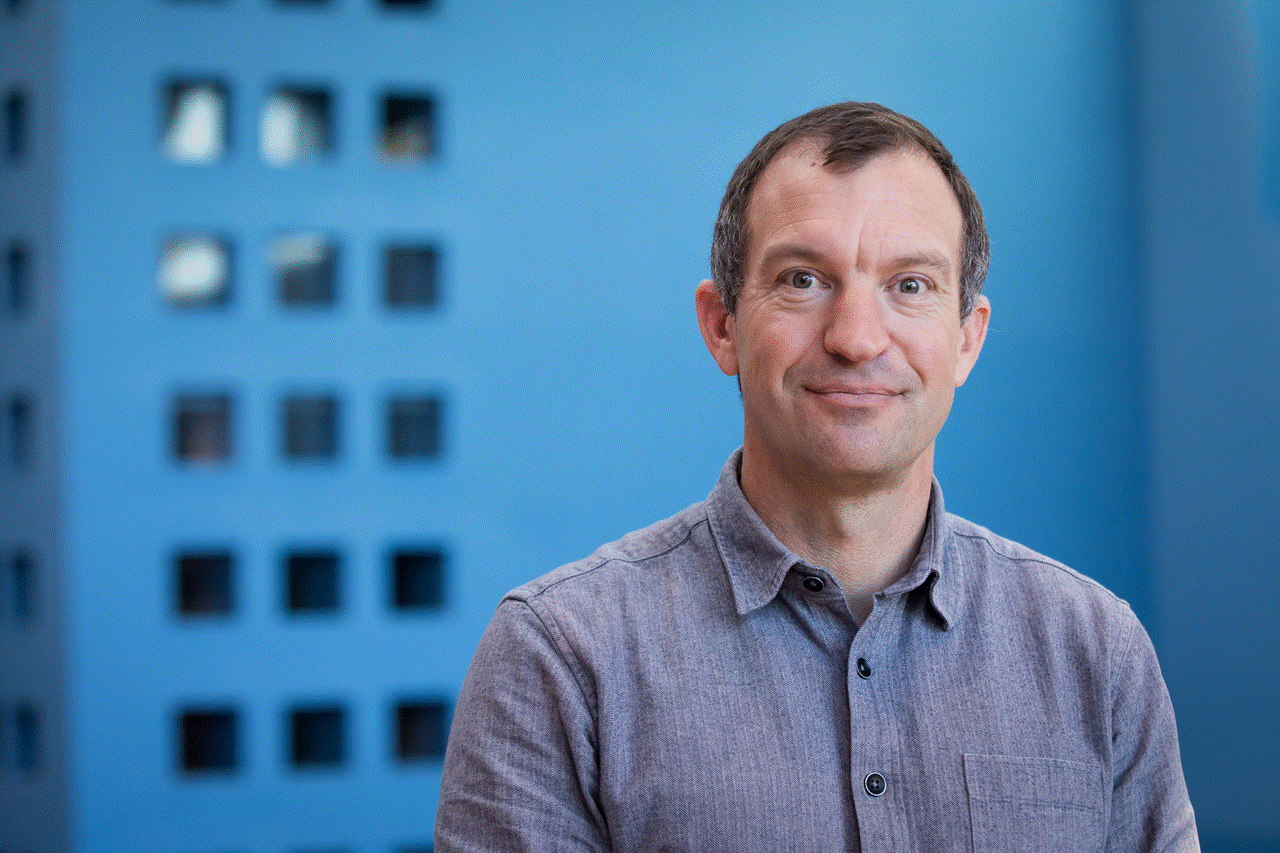
Meeting Co-Chair: Zev Gartner
University of San Francisco
https://gartnerlab.ucsf.edu/
Dr. Gartner completed his undergraduate studies in Chemistry at UC Berkeley where he worked as a Beckman Fellow with Dr. Yeon-Kyun Shin. He received a PhD in Chemical Biology as a National Science Foundation Graduate Research Fellow with David Liu at Harvard University, and completed training as Jane Coffin Childs Postdoctoral Fellow with Carolyn Bertozzi at UC Berkeley. He is currently a Professor in the Department of Pharmaceutical Chemistry at the University of California, San Francisco and co-director of the NSF Center for Cellular Construction. His lab is working to understand the principles governing the self-organization of human tissues, with the goal of engineering tissues for regenerative medicine and stabilizing tissues for cancer prevention. His work has been honored with the NIH New Innovator Award and the DOD Era of Hope Scholars award. He was selected among the Popular Science “Brilliant 10” in 2015 and as a Chan/Zuckerberg Biohub investigator in 2017.
Meeting Co-Chair: Laura Heiser
Oregon Health & Science University
https://www.ohsu.edu/school-of-medicine/heiser-lab
Dr. Laura Heiser is Associate Professor and Vice Chair of the Department of Biomedical Engineering at Oregon Health & Science University, Associate Director of Complex Systems Modeling at the Knight Cancer Institute Cancer Early Detection Advanced Research Center, and Co-Leader of the Knight Cancer Institute Quantitative Oncology Program. Her laboratory is focused on understanding the phenotypic and molecular responses of cancer and normal cells to diverse stimuli, with a particular interest in elucidating mechanisms of therapeutic response and resistance in cancer. Dr. Heiser has served as co-PI on an NHGRI U54 LINCS Center grant designed to interrogate the influence of microenvironmental factors on diverse epithelial cell types and as PI on an NCI U54 Cancer Systems Biology Consortium Center grant, focused on understanding the role of microenvironmental signals in modulating cell state heterogeneity and therapeutic response. She has had leadership roles in the development of international DREAM challenges and led a multi-center LINCS Common Project designed to deeply profile the dynamic molecular and phenotypic responses of mammary epithelial cells to diverse microenvironmental factors. She was inducted into the 2025 class of the American Institute for Medical and Biological Engineering (AIMBE) College of Fellows.
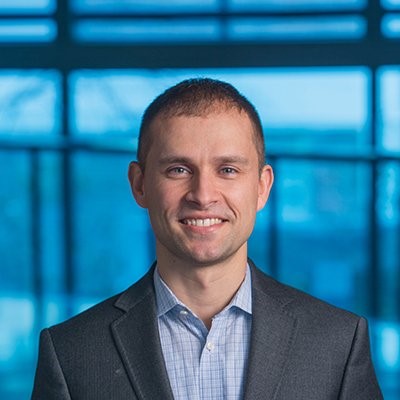
Lukasz Bugaj
University of Pennsylvania
https://www.bugajlab.com/
Lukasz Bugaj is an Assistant Professor in Bioengineering. He earned his BSE in Biomedical Engineering at Johns Hopkins University. He then earned his Ph.D. in Bioengineering with David Schaffer at Berkeley, where he pioneered some of the first methods for light-activated 'optogenetic' control of mammalian cell signaling. He then completed a postdoctoral fellowship with Wendell Lim at UCSF, where he applied optogenetic technology to uncover functional signaling defects in cancer cells. The Bugaj Lab at Penn combines optogenetics and synthetic biology to understand and engineer biological control, including within therapeutic cells.
Relevant Publication: https://www.nature.com/articles/s41592-024-02572-4
Relevant Publication: https://www.nature.com/articles/s41467-024-53451-7
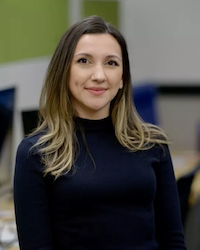
Cassandra Burdziak
Memorial Sloan Kettering Cancer Center
https://www.mskcc.org/research/ski/labs/dana-pe-er
Dr. Cassandra Burdziak studies mechanisms of cancer cell plasticity with single-cell epigenomic, transcriptomic, and spatial data. She completed her Ph.D. in the laboratory of Dr. Dana Pe’er at Memorial Sloan Kettering Cancer Center in 2022, where her research aimed toward inference of regulatory mechanism in the context of pancreas tumor initiation. Empowered by the latest single cell multiomic technologies, she now continues to investigate the role of phenotypic plasticity in driving metastatic and histological transformations in colorectal and prostate cancers, especially through advancing computational modeling of lineage barriers.
Relevant Publication: https://www.science.org/doi/full/10.1126/science.add5327
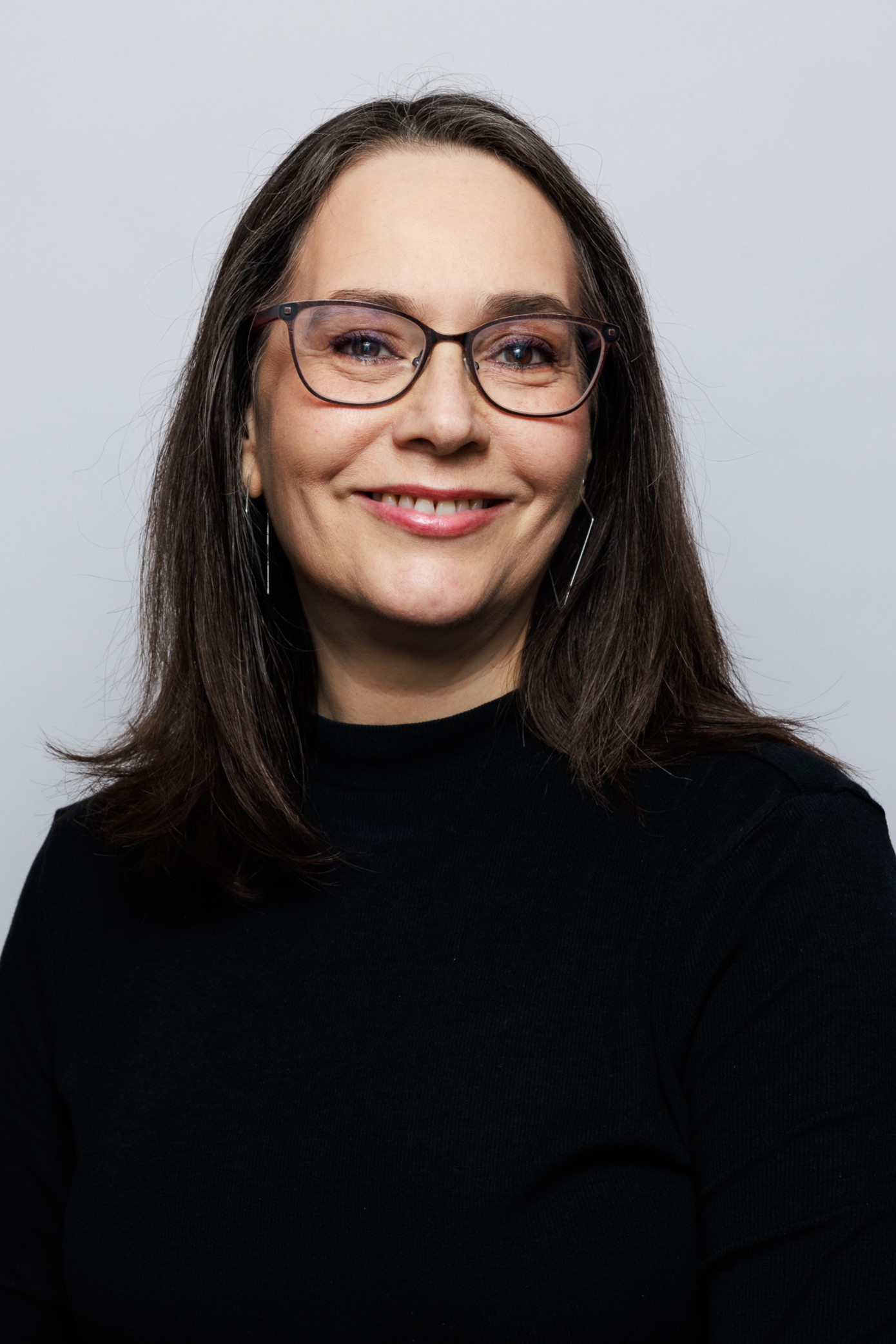
Edna (Eti) Cukierman
Fox Chase Cancer Center
https://www.foxchase.org/edna-cukierman
Edna (Eti) Cukierman, originally from Mexico City, is a distinguished researcher at the Fox Chase Cancer Center. The Cukierman Laboratory focuses on understanding how desmoplasia, the dense mesenchymal microenvironment surrounding solid epithelial tumors, impacts human tumor progression. The team uses a unique 3D culturing system that mimics the in vivo mesenchymal stroma to study the functional roles of desmoplasia in tumorigenic behaviors. As Co-Leader of the Cancer Signaling and Microenvironment Program, Co-Director of the Marvin & Concetta Greenberg Pancreatic Cancer Institute, full Tenured Professor, and M&C Greenberg Chair in Pancreatic Cancer Research, Cukierman's work embodies a commitment to transformative cancer research and clinical impact. Recognized for her contributions, she was recently awarded the inaugural ACS Wilmott Family Professorship of Pancreatic Cancer aiming to empower the best minds to delve into the intricacies of pancreatic cancer biology, and was elected AACR’s TME Working Group Chair for 2024-2026.
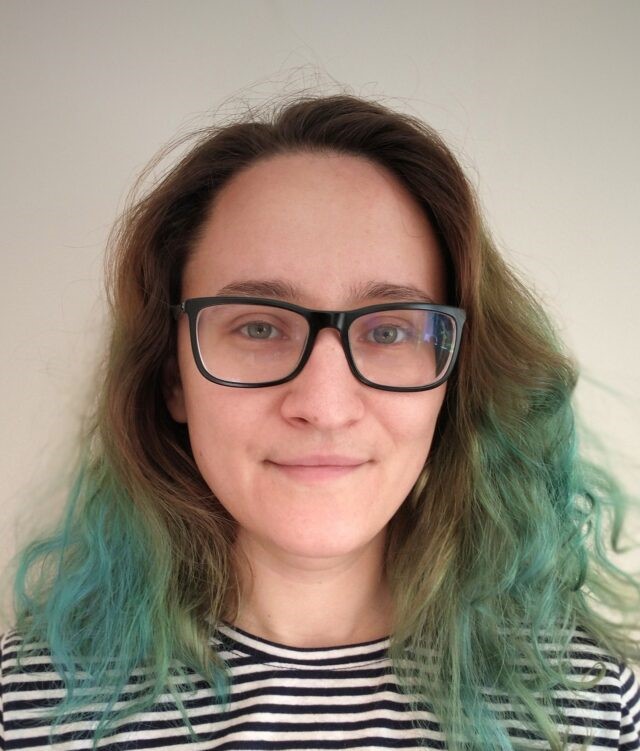
Bianca Dumitrascu
Columbia University
https://www.morpho-lab.com/index.html
Dr. Bianca Dumitrascu is an Assistant Professor of Statistics at Columbia University, affiliated with the Irving Institute for Cancer Dynamics. Her main research interest is understanding how local molecular rules give rise to emergent spatial patterns in the context of biological dynamical systems. To this end, Bianca uses techniques from statistical optimization, statistical physics and domain adaptation to identify contextual phenotypes in spatial transcriptomic data and to understand the identity of single cells and their interactions in early development. She is also interested in active learning and graphical neural networks as models to study message passing in multi-agent systems.
Relevant Publication: https://www.nature.com/articles/s41592-025-02618-1
Relevant Publication: https://www.biorxiv.org/content/10.1101/2024.12.23.630186v1.full.pdf
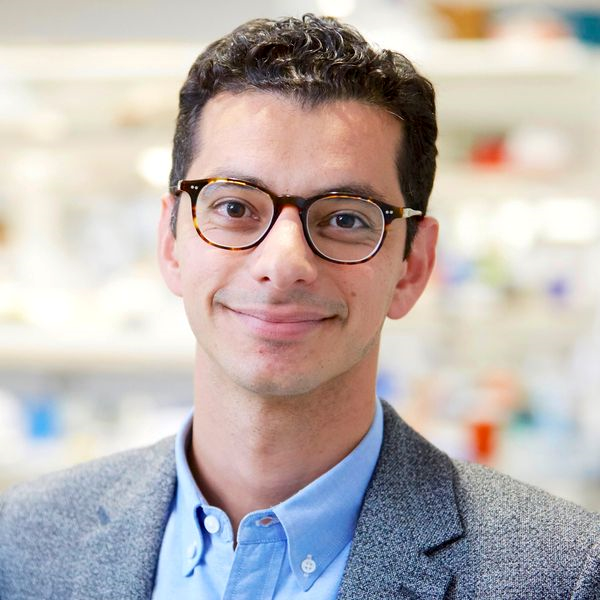
Ahmad (Mo) Khalil
Boston University
https://www.bu.edu/khalillab/
Dr. Mo Khalil is Professor of Biomedical Engineering and Founding Associate Director of the Biological Design Center at Boston University (BU). He is also a Visiting Scholar at the Wyss Institute for Biologically Inspired Engineering at Harvard University, and Co-Director of a NIH/NIGMS T32 PhD Training Program in synthetic biology. His team has pioneered synthetic biology approaches to dissect the molecular circuits that control gene regulation in eukaryotes, work that has resulted in fundamental discoveries on transcription regulation and epigenetic memory and led to platforms for creating programmable cellular therapies for cancer and other diseases. In addition, his team has developed novel continuous evolution technologies, such as the eVOLVER, which they are using to generate biomolecules with radically altered or new functions to address unmet needs in biology, medicine, and biotechnology.
Relevant Publication: https://www.science.org/doi/full/10.1126/science.ade0156
Relevant Publication: https://www.cell.com/developmental-cell/abstract/S1534-5807(24)00444-1
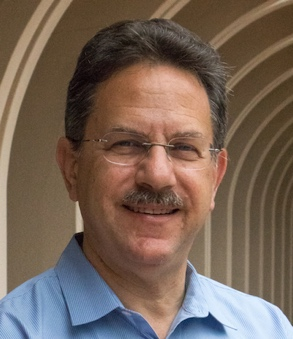
Arthur Lander
University of California, Irvine
https://lander-office.bio.uci.edu/
Dr. Arthur Lander is the Donald Bren Professor of Developmental and Cell Biology, and holds joint appointments in the Departments of Biomedical Engineering, and Logic & Philosophy of Science. He is also a co-director of UCI’s Center for Cancer Systems Biology, and Associate Director of the UCI Skin Biology Research Center. He serves on the editorial advisory board of BMC Biology, and is a member of the American Society for Clinical Investigation, and a fellow of the American Association for the Advancement of Science. His group is focused on systems biology of development and disease.
Relevant Publication: https://pubmed.ncbi.nlm.nih.gov/38328163/
Relevant Publication: https://pubmed.ncbi.nlm.nih.gov/38106189/

Carolyn Schutt Ibsen
Oregon Health & Science University
https://www.ohsu.edu/people/carolyn-schutt-ibsen-phd
Dr. Carolyn Schutt Ibsen is an Assistant Professor in the Department of Biomedical Engineering and the Knight Cancer Institute at Oregon Health & Science University. Prior to OHSU, Dr. Schutt Ibsen completed a Whitaker International Postdoctoral Fellowship at Imperial College London, working with biomaterials for engineered tissue and regenerative medicine with Prof. Dame Molly Stevens. She holds a Ph.D. in Bioengineering from the University of California, San Diego. Dr. Schutt Ibsen's research group is focused on developing energy-responsive biomaterial platforms for modeling cancer progression and instructing cell behavior with a special interest in materials that can be controlled remotely and spatiotemporally using focused ultrasound.
Relevant Publication: https://pmc.ncbi.nlm.nih.gov/articles/PMC11538209/
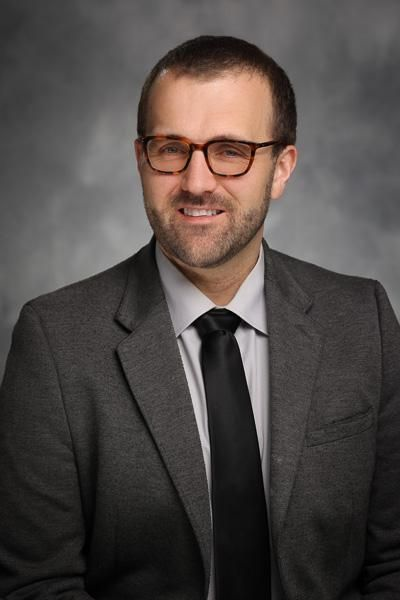
Joshua Snyder
Duke University
https://surgery.duke.edu/divisions/surgical-sciences/research/research-laboratories/cancer-initiation-and-cancer-cell-behavior-lab
Dr. Joshua Synder is an Associate Professor in Surgery; Pharmacology and Cancer Biology; and Cell Biology at Duke University. Josh received his PhD from the University of Pittsburgh, where he studied interactions of lung stem cells and the immune system during wound repair. As a post-doctoral fellow, he studied Lgr5 signaling and developed the first Cancer rainbow mouse (Crainbow) line to study cell-fitness effects of Lgr5 mutations. His lab’s primary focus is to determine how cancer cells and their ecosystem adapt during the occult phase of tumorigenesis. They utilize Crainbow models and hyperspectral techniques for exploring tumor initiation with unprecedented resolution in space and time. They are highly interdisciplinary in their approach and utilize systems biology, spatial single cell analyses, and mathematical modeling.
Relevant Publication: https://journals.biologists.com/dmm/article/18/3/dmm052113/367423/Nonlinear-progression-during-the-occult-transition
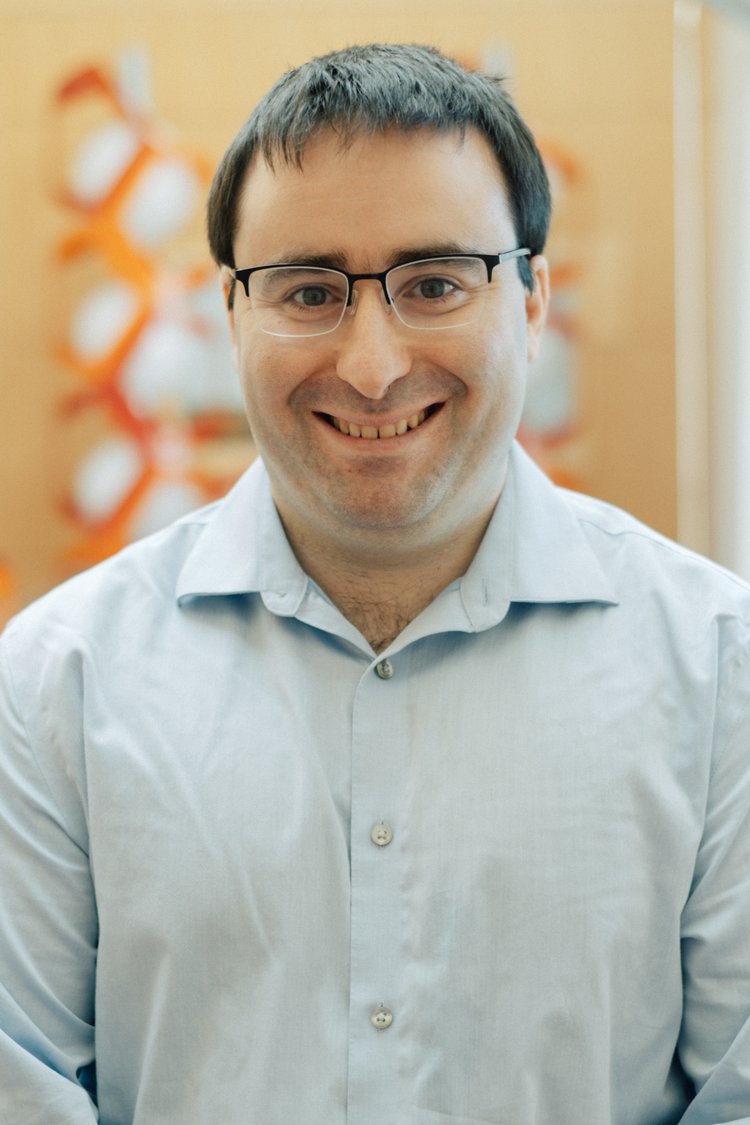
Adam Stevens
adam.stevens@pennmedicine.upenn.edu
University of Pennsylvania
https://stevens.bio/
Adam Stevens is an Assistant Professor in the Department of Cancer Biology at the University of Pennsylvania Perelman School of Medicine. He received a B.A. in chemistry from Johns Hopkins University and completed his Ph.D. in Chemical Biology at Princeton University in the lab of Dr. Tom Muir. Adam carried out a postdoctoral fellowship in the lab of Dr. Wendell Lim at UCSF, where he engineered a toolkit of synthetic cellular adhesion molecules (synCAMs) that combine orthogonal extracellular interactions with signaling domains from CAMs to yield programmable cell-cell interactions with tunable interface morphology and adhesion strength. These synCAMs were applied to direct specific multicellular assembly and complex tissue interactions.
Relevant Publication: https://pubmed.ncbi.nlm.nih.gov/36509107/
